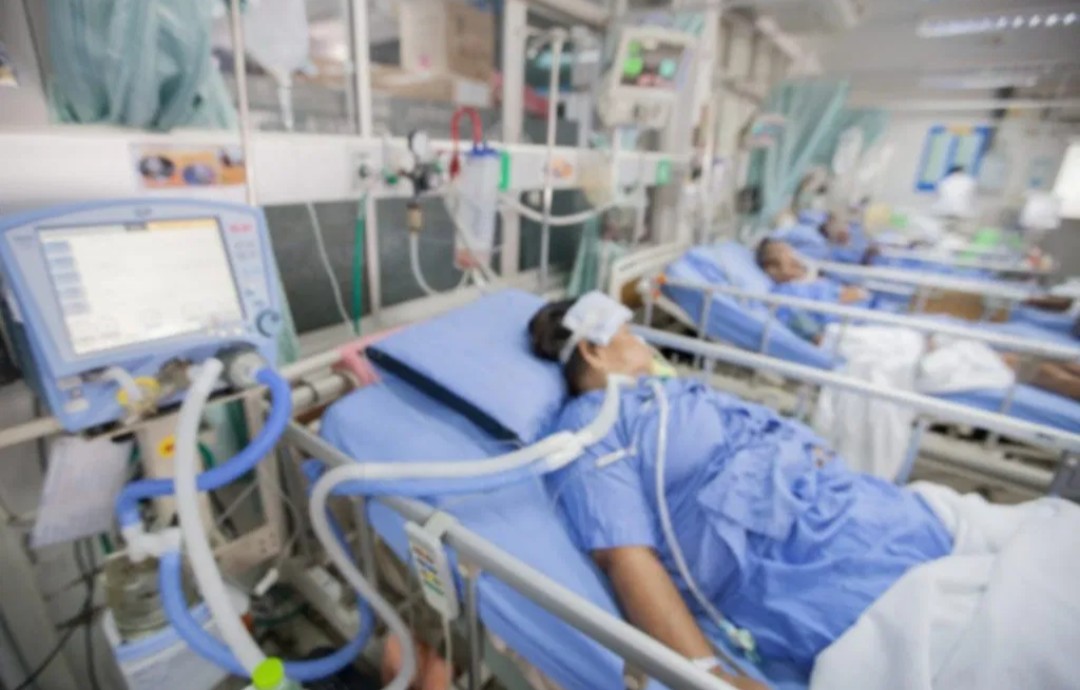Srinagar: Patients who have been tested positive for coronavirus and suffering from Chronic Obstructive Pulmonary Disease need the ventilator support for their survival.
Amid surge in COVID-19 cases, less than five percent patients needed the ventilator support in Jammu and Kashmir and the recovery percentage of the Union Territory is better than national average.
However, it has been found that those who suffer from COPD need ventilator support.
“These (COPD) patients are already facing breathlessness. People who are tested positive and are suffering from COPD or any chest related ailment need ventilator support for their survival,” a senior doctor at SKIMS Soura told news agency KINS.
“People should not worry Kashmir over shortage of ventilators. Only critical care patients need the ventilator support,” the doctor said.
Ventilators are required for COVID-19 patients who develop acute respiratory distress syndrome when the lungs are filled with fluids that make it difficult to breathe.
“But we needed ventilator for very less patients which are a good sign for J&K. A ventilator is used when lungs are filled with fluid. Such patients find it very difficult to be oxygenated in a normal way,” another doctor said.
COPD is associated with an enhanced chronic inflammatory response in the airways and lungs to noxious particles and gases.
A study has revealed that “COPD prevalence was 28.2 percent among current smokers and 22 percent among ex-smokers in Kashmir”.
This indicates over 50 percent patients who develop COPD are related to smoking in Kashmir.
Inhaled noxious particles most important being the tobacco smoke cause inflammatory response in the lungs which is exaggerated in some smokers and leads to characteristic pathological lesions of COPD, it says.
The study says that COPD represents an important challenge that is both preventable and treatable.
“The increase in mortality will be largely due to cumulative exposure of the population to cigarette smoke and the expected aging of the population,” it says. (KINS)

